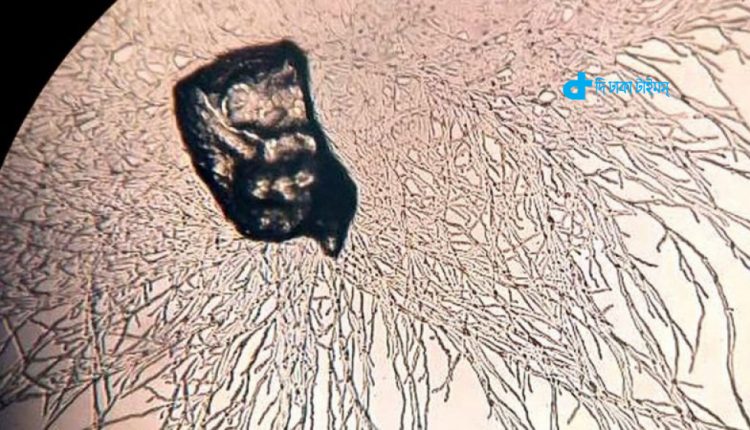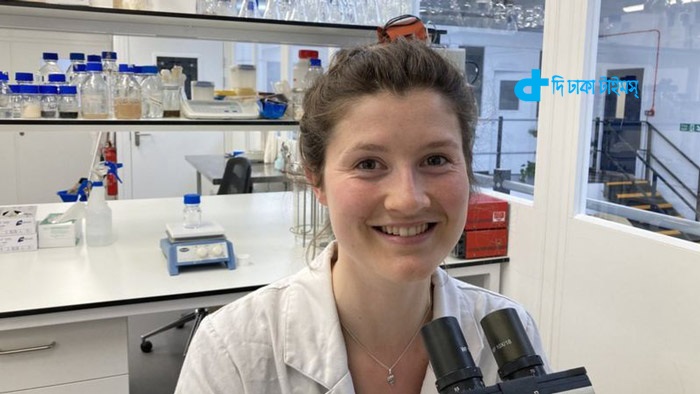The Dhaka Times Desk Plastic waste does not easily decompose and dissolve in the soil. That is why plastic waste is such a big threat to the environment. However, a scientist discovered a method that will make plastic waste mixed with nature as easy as water!

While doing research on another topic, this researcher named Samantha Jenkins accidentally discovered a fungus, which actually eats plastic.
Plastic is one of the causes of environmental pollution in countries around the world. If you look at the garbage heap of any big city, you will find thousands, if not millions, of plastic everywhere. These plastic particles have now spread to the deep ocean floor all over the world, entered the stomachs of various animals like whales, human food, and even the placenta of human fetuses.
Unlike other garbage, plastic does not decompose and dissolve in the soil, it lasts for hundreds of years. Some plastics are possible to recycle, but other plastics are very difficult to recycle. There is a type of plastic called PET (polyethylene terephthalate), which is used to make a variety of beverage bottles. They do not spoil easily.
Samantha Jenkins decided to test whether this pet could be destroyed by fungus. He tested the fungus he discovered on PET and polyurethane.
 Researcher Samantha Jenkins
Researcher Samantha Jenkins
In the experiment, he saw that, 'giving plastic, and the fungus eats that plastic! Then the fungus gives birth to another fungus. Various bio-materials are being made from it. It is being used in many ways. For example, to make food, to make animal feedstock, even to make antibiotics.'
Samantha Jenkins is the lead biotech engineer at Biohome, a bio-manufacturing firm.
He had been experimenting with a variety of fungi for a long time as part of a research project for his company. Among them, a fungus made such a mistake that the course of his research turned to the other side.
'A jar is full of grains - on which a fungus has grown. There was nothing exciting or interesting about it. But when the jar was opened, it was seen that something great had happened.'
Samantha Jenkins noticed that the plastic sponge that was used to make the jar airtight had eaten away at the fungus and was digesting it like any other food.
Jenkins' project aimed to test how bio-based materials could be used to make insulation panels. But this plastic-eating 'hungry fungus' took their research in a different direction.
Biohum is currently working on how to develop a stronger strain of this fungus. Which may one day help rid the environment of plastic waste. Source: BBC Bangla.
Things to do to prevent Corona virus
# stay at home all the time.
# Follow the rules and use mask when going out for emergency.
# three-layer cloth mask can be washed if desired.
# wash clothes after coming home from outside. Or hang it without shaking for at least four hours.
# Wash hands thoroughly (for at least 20 seconds) with soap or liquid before coming outside.
# plastic PPE or eyes, face, head must be washed thoroughly with detergent and dried after one use.
# Wear PPE made of cloth or clean as described.
# Use a head cap that completely covers the hair.
# Those who have sneeze cough should follow all the rules promulgated by the government. Also, wash hands as directed before and after handling food items, keys, switches, mice, remote controls, mobiles, watches, computer desks, TVs, etc. and after using the bathroom. Those who have dry hands use Moisture after washing their hands. Soap or hand liquid can be used. Why can this virus remain in the crackle (cracked part) of dry hands? Avoid using highly alkaline soaps or detergents.


